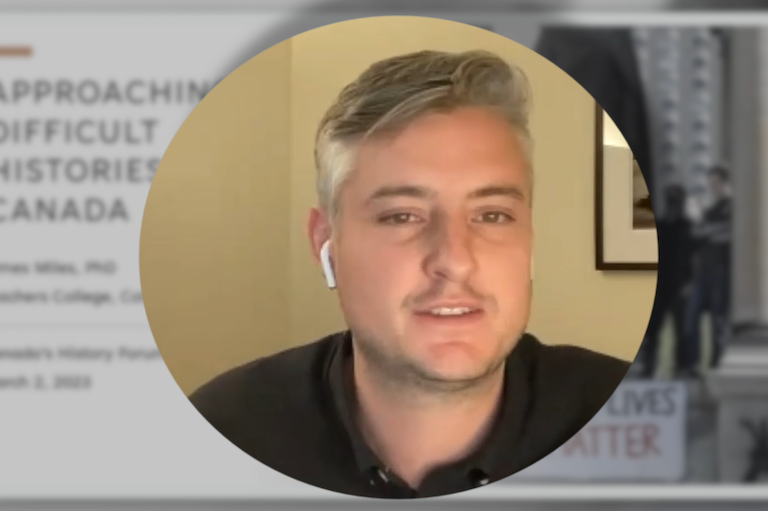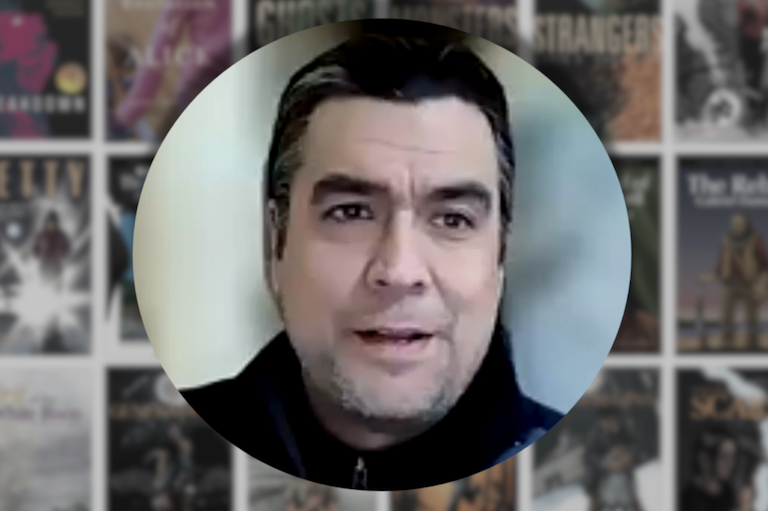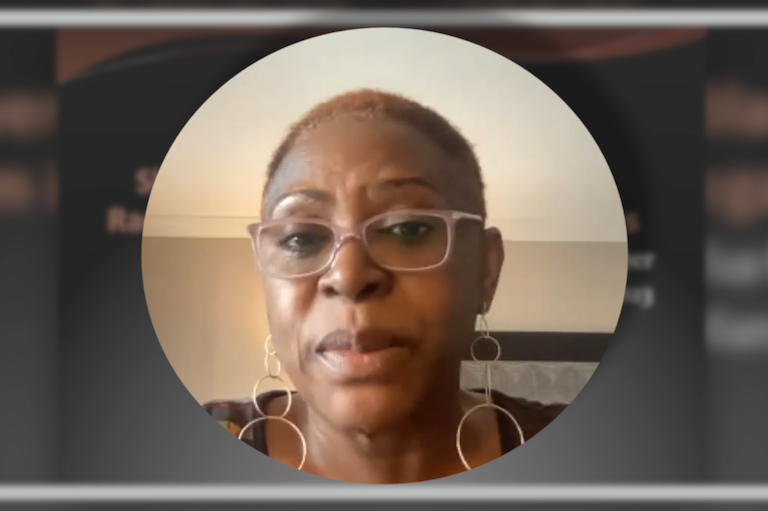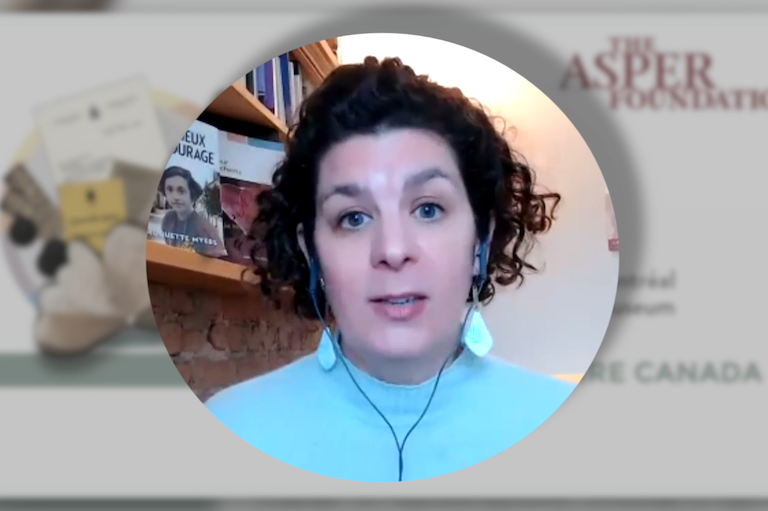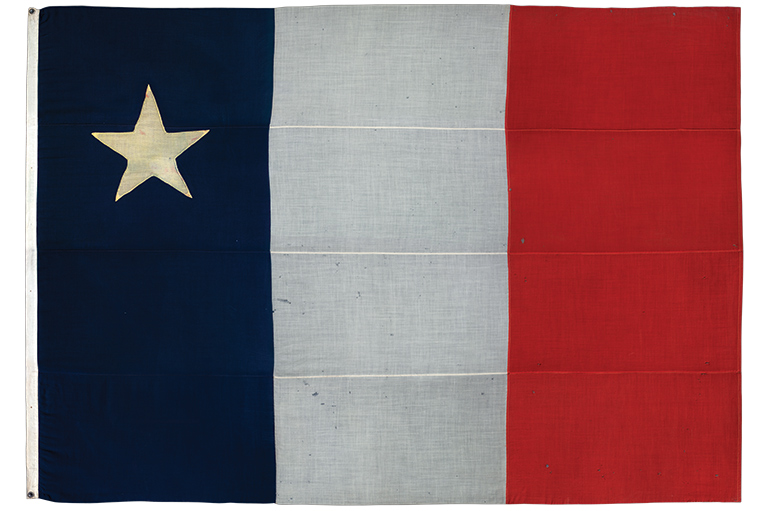Exploring Hard Histories
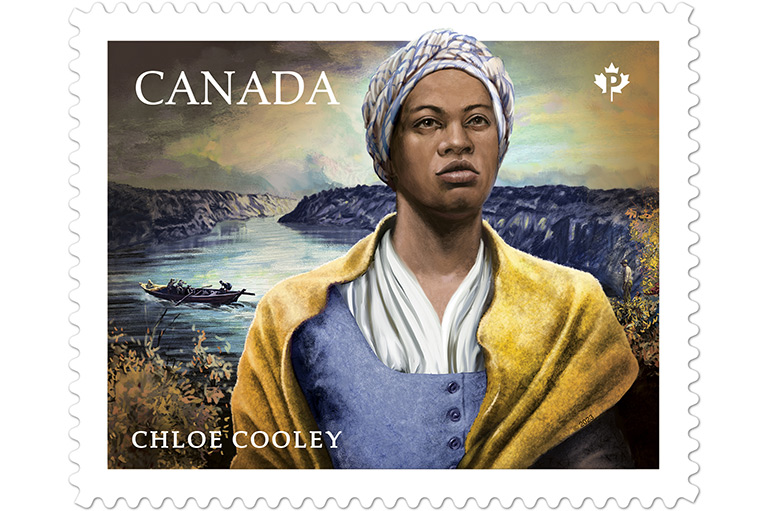
From heated debates about statues to government apologies for historical injustices, it seems that the past has never been more present. But how can we nurture respectful and productive conversations about history in our classrooms, homes, and communities?
Recently, Canada’s History Society hosted the fifteenth annual Canada’s History Forum, titled “Hard Histories: Engaging with Difficult Topics in Canadian History.” The three-hour online event delved into several contentious and emotional topics, such as the legacies of colonialism, the Holocaust, and Canada’s relationship with the African slave trade. Beyond simply examining these difficult subjects, the forum aimed to provide a road map for how educators can approach them with empathy, respect, and a commitment to diverse perspectives.
Presenter James Miles, a professor of social studies education at Columbia University, said difficult histories often involve contested or traumatic events that elicit feelings of shame, guilt, or pain. “Difficult histories can make us uncomfortable,” Miles said. “They can challenge how we think about ourselves, our relationships to others, and our relationship to the nation.”
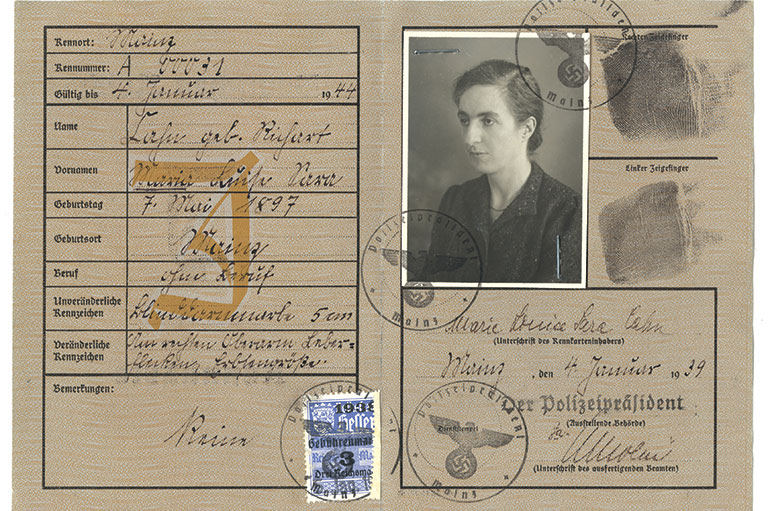
Presenter Afua Cooper, a Canadian historian who studies the enslavement of Black people, cautioned against glossing over difficult histories. Sharing historic newspaper ads that provide evidence of an active and violent slave trade in what is now Canada, she said, “We have to acknowledge that it happened.”
While these topics can be challenging in educational spaces, they are also opportunities for rich conversations and complex inquiries.
But how can educators best prepare themselves — and their learners — for approaching difficult history?
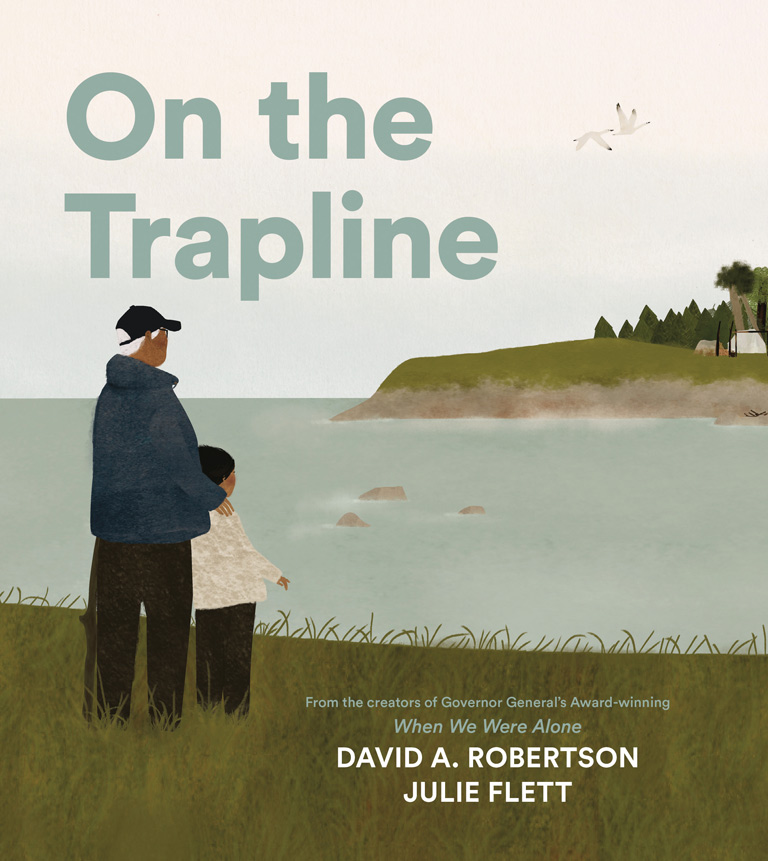
“Before we educate anyone else, we need to educate ourselves, so that we can answer hard questions and have a dialogue,” said award-winning writer and graphic novelist David A. Robertson, who presented on the history and legacy of residential schools in Canada.
Anne Marguet, the education coordinator at the Montreal Holocaust Museum, emphasized the importance of centring stories of lived experience. She shared a moving oral history of Edgar Lion, an Austrian-Jewish refugee who was interned in Canada as an enemy alien.
“These primary sources allow us not only to understand the context but also to rehumanize the victims, understand the diversity of experiences, and develop historical empathy,” Marguet said.
The presenters encouraged participants to continue to learn, to teach, and to share difficult histories with a goal of fostering empathy and understanding in the present.
To view videos of the Canada’s History Forum and to access recommended educational resources, visit CanadasHistory.ca/HardHistories.
We hope you’ll help us continue to share fascinating stories about Canada’s past by making a donation to Canada’s History Society today.
We highlight our nation’s diverse past by telling stories that illuminate the people, places, and events that unite us as Canadians, and by making those stories accessible to everyone through our free online content.
We are a registered charity that depends on contributions from readers like you to share inspiring and informative stories with students and citizens of all ages — award-winning stories written by Canada’s top historians, authors, journalists, and history enthusiasts.
Any amount helps, or better yet, start a monthly donation today. Your support makes all the difference. Thank you!
Themes associated with this article
Advertisement
With 7 uniquely curated newsletters to choose from, we have something for everyone.

